The United States and Nigeria have taken a significant step forward in combating cryptocurrency crime with the establishment of a Bilateral Liaison Group. Announced on October 23, this collaborative initiative underscores the United States’ commitment to partnering with Nigeria to address challenges posed by illicit financial activities within the cryptocurrency sector.
The U.S. Department of Justice (DOJ) has pledged resources and expertise to assist Nigeria in developing more robust systems for investigating and prosecuting cybercrime, particularly those involving crypto transactions.
The global rise of cryptocurrency has been driven by its potential for fast, low-cost cross-border transactions. However, its decentralized, often anonymous nature also poses serious challenges for regulators and law enforcement agencies.
Criminal networks have increasingly exploited these qualities to conduct illicit activities, necessitating innovative cross-border cooperation. The Bilateral Liaison Group will serve as a critical platform for the U.S. and Nigeria to share intelligence, align strategies, and take joint actions to combat crypto-related crime effectively.
Key areas of focus for the Bilateral Liaison Group include enhancing investigative capabilities, streamlining intelligence exchange, and establishing cooperative regulatory frameworks. By integrating advanced monitoring tools, including blockchain analytics, both nations aim to strengthen their ability to trace and intercept suspicious cryptocurrency transactions. Public-private partnerships will be instrumental, as these can leverage industry knowledge and tools to tackle financial crime more effectively.
Training is another core component of the initiative, with specialized programs for Nigerian law enforcement agencies to improve their understanding of crypto-based financial crime. In addition, public awareness campaigns are expected to help educate citizens on safe cryptocurrency practices and the associated risks of illicit finance, contributing to a more secure digital environment.
If successful, the Bilateral Liaison Group could serve as a model for similar partnerships, enabling the United States to extend its anti-cybercrime collaborations to other countries. Together, the U.S. and Nigeria aim to set a new standard for cross-border cooperation in safeguarding the cryptocurrency ecosystem against criminal exploitation.
